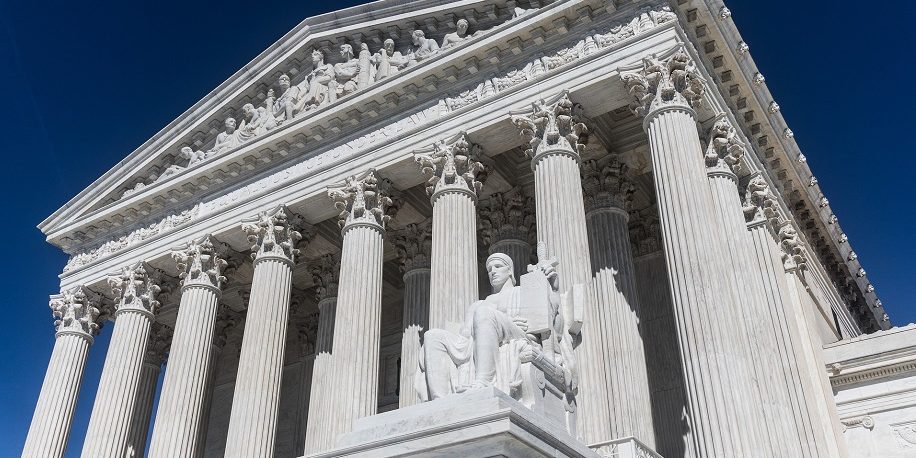Finally, Tyson Timbs, the man out of Indiana whose Land Rover was seized and kept under civil forfeiture law, gets his only asset back. As you may remember, back in 2013, Timbs, a heroin addict sold a small amount to undercover cops and after he paid the maximum $1,200 fine and did his time. However, the government still wanted the Land Rover he bought with his only inheritance. With the help of Institute of Justice, his case went to the United States Supreme Court. Ruth Bader Ginsburg, among other justices said it was an abuse of the Excessive Fines Clause in the 8th Amendment.
At last, there it was in his driveway after five years of battling in Court and the order for its immediate return to Timbs. This gives us all hope in a time that we hope the Government can do something right!
Timbs said it felt weird to see the Land Rover there and truth be told, he is a recovering heroin addict and did not have anything else he could call his own. He paid his debt to society, nobody could deny that. And the first court that heard his case agreed in 2015 that it would be overkill and at an approximate value of $40,000, who would argue but the government prosecutors? Yet the Indiana Court of Appeals also ruled against the Government kicking Mr. Timbs while he was down and an addict trying to get on his feet.
The Government has unlimited resources in the face of defeat, so they took it up to the Indiana Supreme Court. High in their bubble, the Court reversed both lower courts saying that the state courts need not apply the Constitution’s Eight Amendment’s prohibition against Excessive Fines in a Clause they argued was not applicable to the states — not so fast. The United States Supreme Court federal justices, especially Ruth Bader Ginsberg found the Excessive Fines Clause had been incorporated and sent the Timbs case back to the Indiana Supreme Court to rethink their decision. And so they did.
The Indiana Supreme Court justices came up with a “ proportionality test,” which gave the court a whole new way of considering the fairness of the use of forfeiture on us common folk.
And there is no denying that the Government took it too far when Mr. Timbs had to serve his time and pay his fine — and lose the Land Rover his father had essentially left to his son as his last dying wish.
The Court, when applying the new proportionality test, stated:
“… Although he was broke, he was ordered to pay fees and costs in excess of $1,200. Thereafter, the State sought forfeiture of his only asset; an asset he purchased using life insurance proceeds rather than drug money, and a tool essential to maintaining employment, obtaining treatment, and reducing the likelihood that he would ever again commit another criminal offense.”
You would think the Government had received the message, but with unlimited taxpayer funding, the Indiana Attorney General Hill said he would defend the State’s civil forfeiture law. You see, the state of Indiana and local law enforcement share the proceeds of civil asset forfeiture. That means giving up the “easy money” that is so often the case when claimants don’t fight the Government and their heavy hand.
The Indiana Attorney General is trying to appeal to the age old argument that any crime is worth prosecuting to the fullest extent of the law.
Obviously rehabilitation, one of the three prongs of the goal of punishment (punitive and deterrence being the first two) is not a consideration the State of Indiana wishes to acknowledge.
The Institute for Justice, is not going to give up on the Timbs’ case. It is an opening and a chance to make case law showing how unjust the civil asset forfeiture laws as are applied by states and perhaps shed some light on the federal forfeiture machine that generates over 2 billion dollars a year.
As was the case when Gideon handwrote his successful writ of habeas corpus to the SCOTUS that even a broke man deserves legal representation, so to will the unlikely hero, Timbs, a heroin addict, bring to light the abuse of the government in civil asset forfeiture under the 8th Amendment to the United States Constitution prohibiting Excessive Fines.








